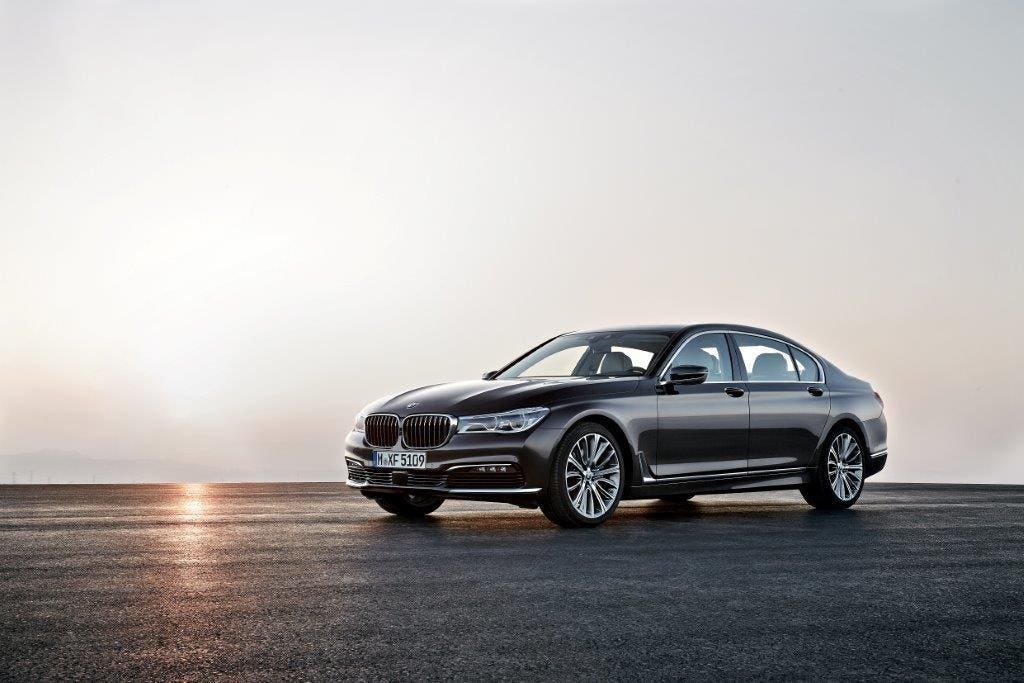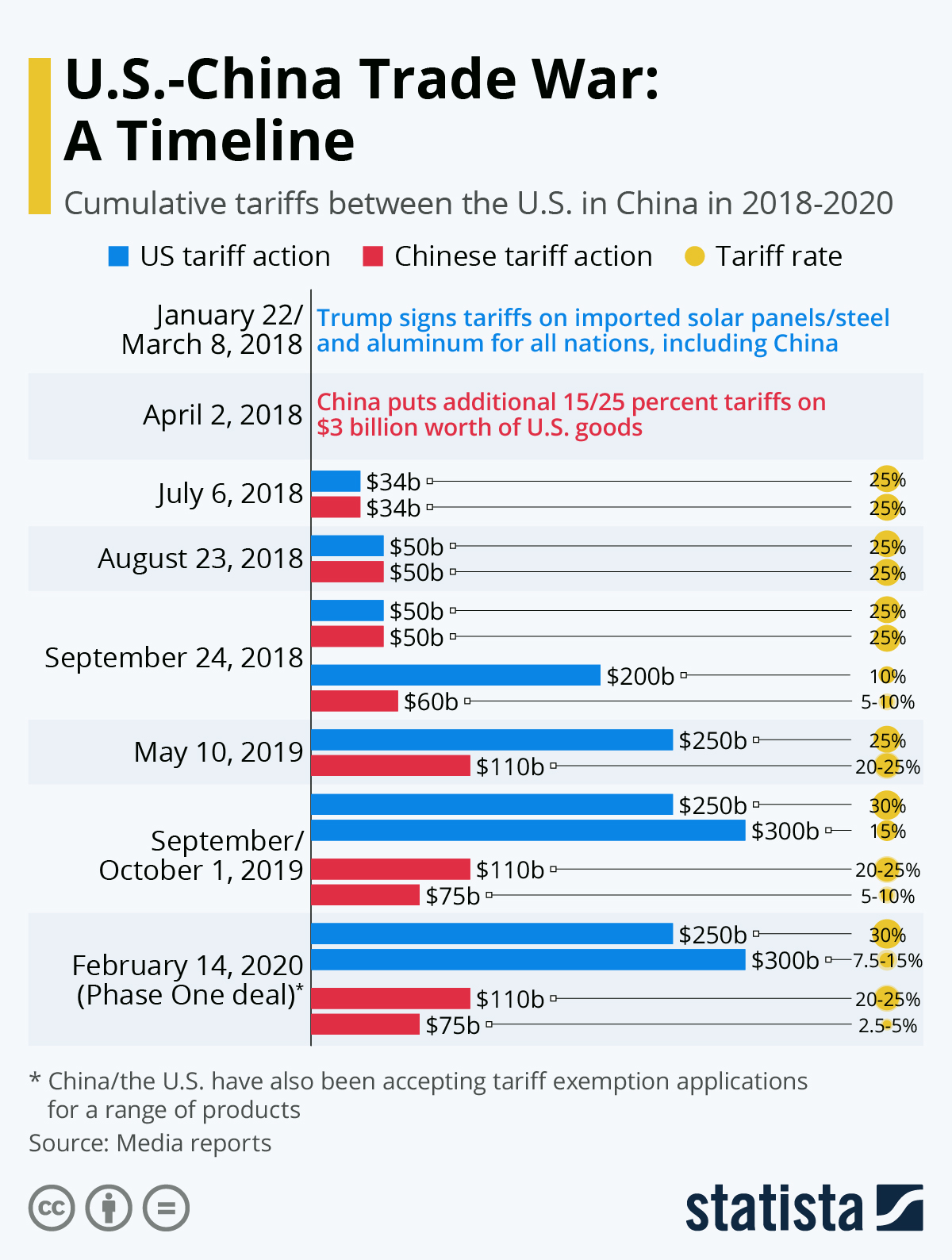Are BMW And Porsche Losing Ground In China? An Industry Perspective

Table of Contents
Rising Competition from Domestic Brands
The rise of powerful domestic brands like BYD, NIO, and XPeng is significantly disrupting the luxury car segment in China. These Chinese car brands are not only offering competitive pricing but also leveraging cutting-edge technology, particularly in the burgeoning electric vehicle (EV) sector, to attract Chinese consumers. This intense competition from domestic car manufacturers is forcing BMW and Porsche to rethink their strategies.
- Increased investment in R&D: Chinese automakers are pouring significant resources into research and development, resulting in superior technology and innovative features in their vehicles.
- Aggressive marketing strategies: They're employing aggressive marketing campaigns targeted at younger, tech-savvy consumers who are crucial for future growth in the Chinese auto market.
- Government support and subsidies: Government support and substantial subsidies for domestic EVs are further bolstering the competitive advantage of Chinese brands.
- Deep understanding of the market: Domestic brands possess an unparalleled understanding of Chinese consumer preferences and cultural nuances, allowing them to tailor their offerings effectively.
The Shift Towards Electric Vehicles (EVs)
The rapid expansion of the EV market in China presents a monumental challenge for BMW and Porsche. While both brands are investing in their EV portfolios – the BMW iX and Porsche Taycan being prime examples – they need to significantly accelerate their electrification strategies to keep pace with domestic competitors, who frequently bring innovative EV technology to market more quickly. The electrification strategy needs to be more aggressive to retain market share in China.
- Stringent government regulations: China's government is actively promoting EV adoption through stringent regulations and emission standards.
- Shifting consumer preferences: Chinese consumers, especially younger buyers, are increasingly favoring electric vehicles over traditional gasoline-powered cars.
- EV charging infrastructure: While improving, the development of a comprehensive EV charging infrastructure across China remains a challenge for both domestic and international brands.
- Localization of production: Localizing EV production and supply chains is crucial for reducing costs and responding effectively to market demands.
Supply Chain Disruptions and Geopolitical Factors
Global supply chain disruptions, prominently the ongoing semiconductor chip shortage, have severely impacted production and delivery timelines for BMW and Porsche in China. Geopolitical factors and escalating trade tensions further complicate the operating environment for these luxury car brands.
- Global supply chain vulnerabilities: Their reliance on global supply chains makes them susceptible to disruptions impacting the availability of crucial components.
- Trade policies and tariffs: Trade policies and tariffs are increasing import costs and impacting profitability.
- Component sourcing difficulties: The global shortage of key components, particularly semiconductors, presents a significant hurdle to maintaining production levels.
- Increased logistics costs: Logistics and transportation costs are escalating due to global supply chain instability.
Changing Consumer Preferences and Brand Perception
Chinese consumer preferences are evolving at an unprecedented pace. There's a rising demand for advanced technological features, personalized customer experiences, and robust after-sales service. BMW and Porsche must adapt to these shifting expectations to retain their brand allure and loyalty.
- Importance of digital marketing: Digital marketing and online engagement are paramount for reaching and engaging the Chinese consumer.
- Localized marketing campaigns: Marketing strategies need to be localized to resonate with the specific needs and preferences of the Chinese market.
- Superior customer service: Providing superior customer service and comprehensive after-sales support is crucial for building and maintaining brand loyalty.
- Addressing brand perception: Addressing any concerns regarding brand image and perception is vital for retaining a strong position in the competitive Chinese market.
Conclusion
BMW and Porsche's continued success in the dynamic Chinese automotive market hinges on their adaptability to changing consumer preferences, a rapid embrace of electrification, effective navigation of geopolitical complexities, and the ability to compete head-on with the rapidly expanding domestic brands. Ignoring these crucial factors could lead to a significant erosion of their market share. Understanding the challenges and opportunities presented by the Chinese automotive market is critical for these iconic brands to maintain their competitive edge. To stay updated on the latest developments impacting BMW and Porsche's performance in China, continue following detailed analyses of the luxury car market in China.

Featured Posts
-
 Fermeture De La Gaite Lyrique Les Employes Demandent L Intervention De La Mairie De Paris
May 20, 2025
Fermeture De La Gaite Lyrique Les Employes Demandent L Intervention De La Mairie De Paris
May 20, 2025 -
 Suki Waterhouse Calls Fans Twinks In Viral Tik Tok Video
May 20, 2025
Suki Waterhouse Calls Fans Twinks In Viral Tik Tok Video
May 20, 2025 -
 The Future Of Clean Energy Overcoming Current Obstacles
May 20, 2025
The Future Of Clean Energy Overcoming Current Obstacles
May 20, 2025 -
 Paulina Gretzky And Husband Make Rare Public Appearance
May 20, 2025
Paulina Gretzky And Husband Make Rare Public Appearance
May 20, 2025 -
 Israel Reopens Food Access To Gaza Strip
May 20, 2025
Israel Reopens Food Access To Gaza Strip
May 20, 2025
Latest Posts
-
 D Wave Quantum Qbts Stock Crash On Monday Causes And Analysis
May 20, 2025
D Wave Quantum Qbts Stock Crash On Monday Causes And Analysis
May 20, 2025 -
 The Gretzky Trump Association A Stain On A Celebrated Legacy
May 20, 2025
The Gretzky Trump Association A Stain On A Celebrated Legacy
May 20, 2025 -
 Gretzky And Trump A Controversial Relationship And Its Impact On The Hockey Legends Image
May 20, 2025
Gretzky And Trump A Controversial Relationship And Its Impact On The Hockey Legends Image
May 20, 2025 -
 The Gretzky Loyalty Debate Examining The Impact Of Trumps Tariffs On Canada Us Relations
May 20, 2025
The Gretzky Loyalty Debate Examining The Impact Of Trumps Tariffs On Canada Us Relations
May 20, 2025 -
 Wayne Gretzky And The Canada Us Relationship Examining The Impact Of Trumps Tariffs
May 20, 2025
Wayne Gretzky And The Canada Us Relationship Examining The Impact Of Trumps Tariffs
May 20, 2025
